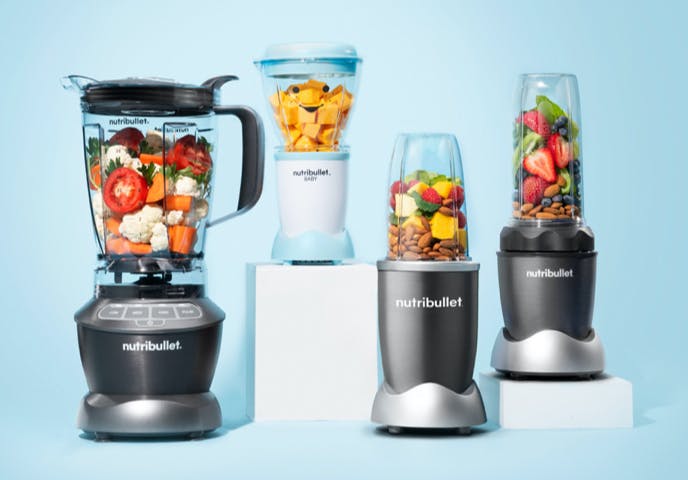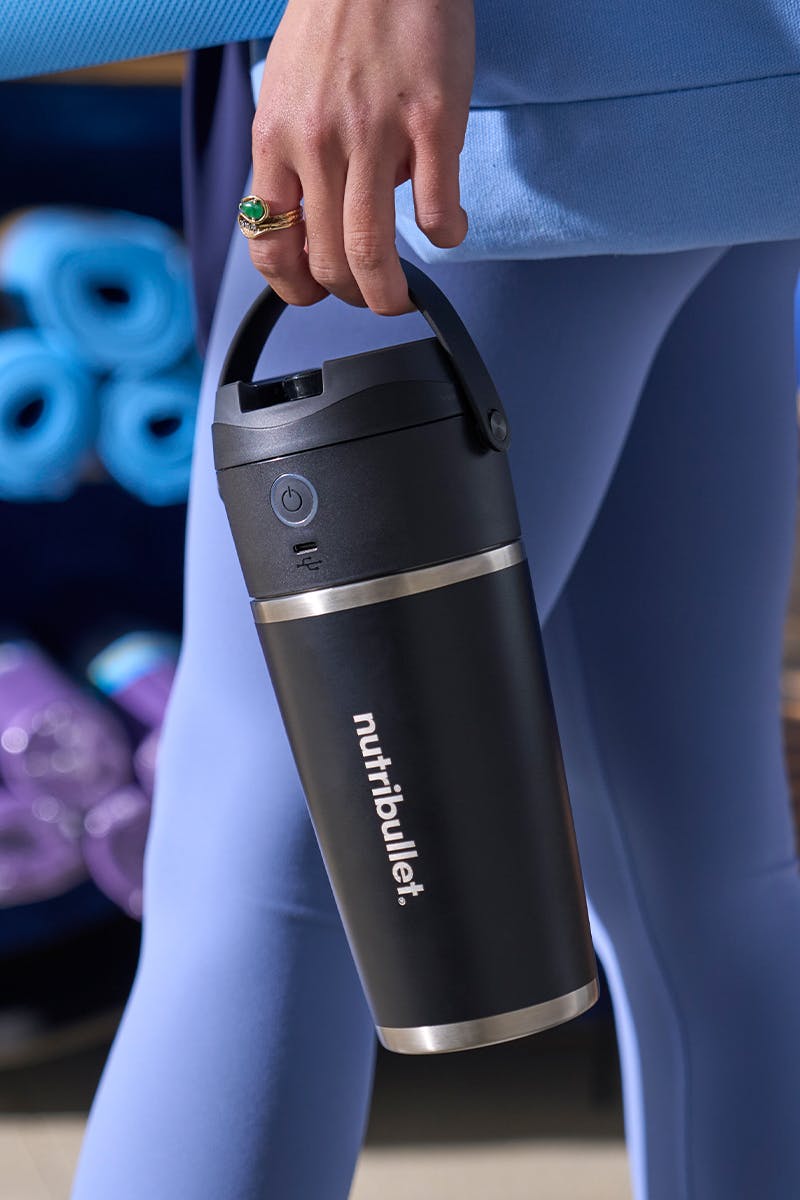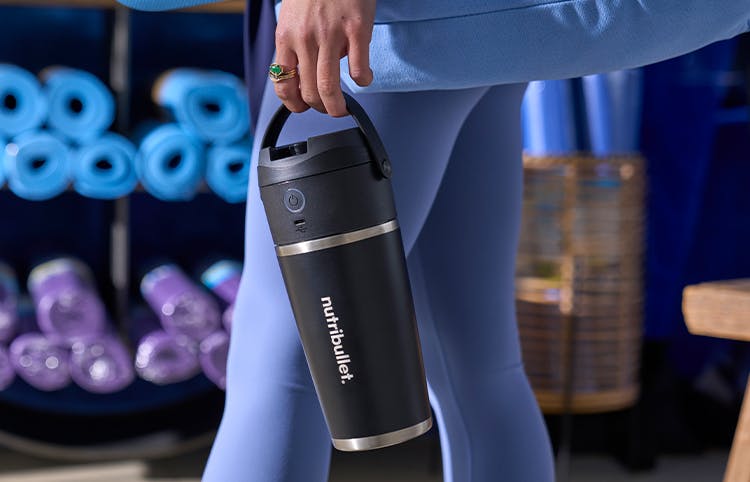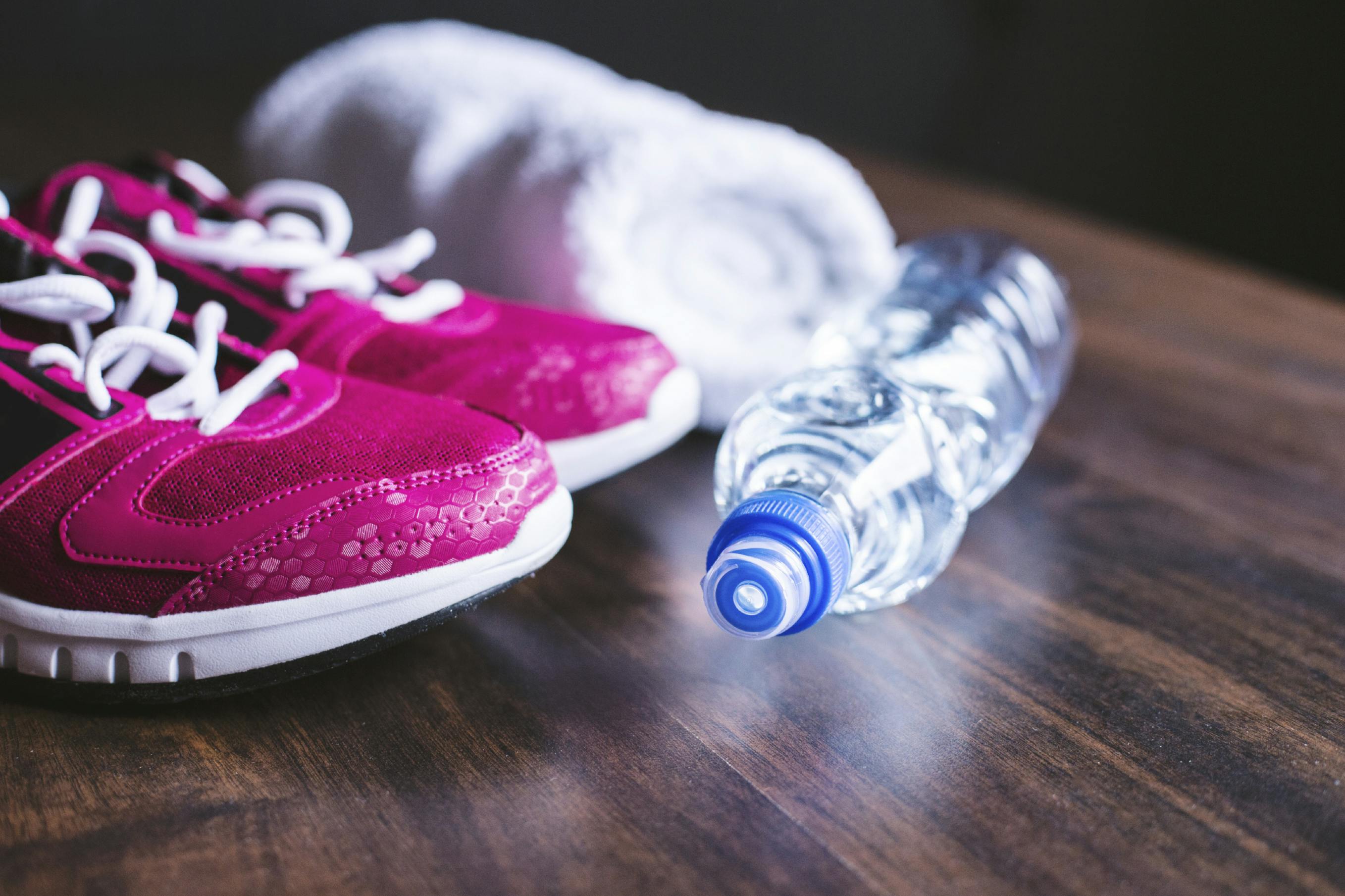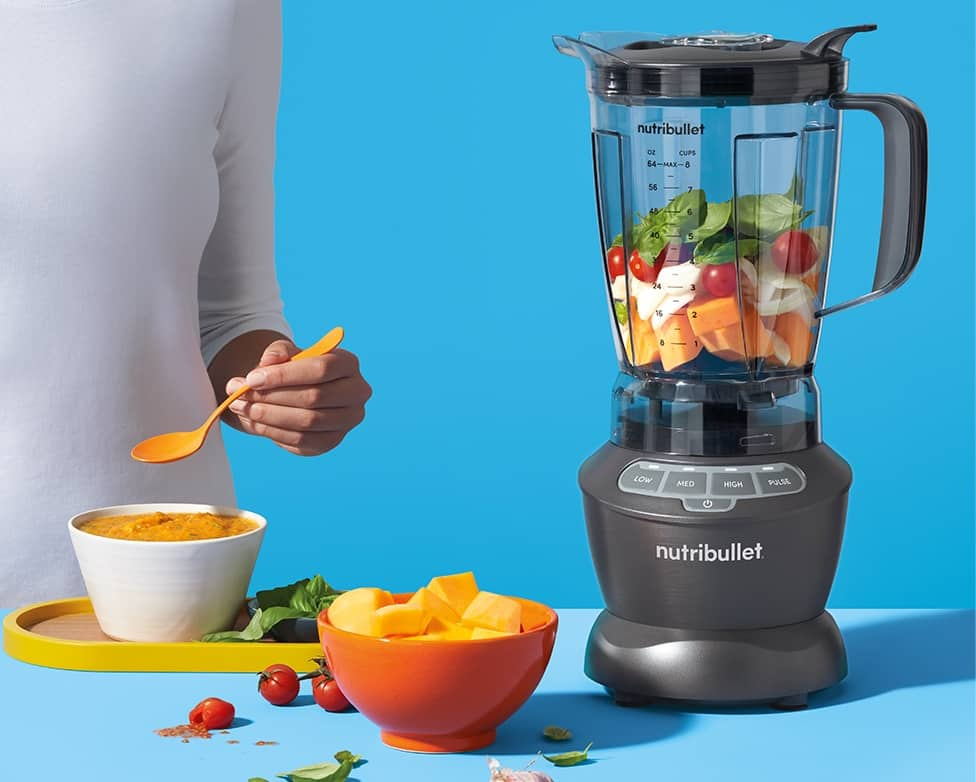“Drink more water.” We hear it all the time. While most of us trust that water is good for us, do we ever pause to question “why,” or figure out exactly how much we need? Below, we’re giving you the lowdown on all things hydration and H2O-related.
Why is staying hydrated important?
From a biological standpoint, plain ol’ water is pretty impressive. It supports healthy cell function and transports essential nutrients throughout our bodies. It also helps to cushion our joints, assists with maintaining electrolyte balance and body temperature, and plays a role in waste elimination. Unfortunately, the body’s thirst mechanism is not the most reliable. And by the time our brain signals, “Hey, I’m thirsty!” we may already be dehydrated. Insufficient fluid intake has been shown to negatively impact our mood, may cause strain on our hearts, and can lead to heatstroke. That’s why it’s important to keep on top of it – especially during the dog days of summer.
How much do you need?
The adage, “drink eight glasses of water a day,” is sort of an old wives’ tale, since fluid needs increase with physical activity and hotter temperatures. Even so, the 8-cup model can be a helpful guideline for ensuring that you’re getting plenty of liquid throughout the day. A better indicator is actually the color of your urine. Your goal is to keep it pale yellow to clear. Any darker and you’ll want to drink up!
Why water, exactly?
Not only is water inexpensive, but it’s also calorie and sugar-free. That’s part of the reason water is frequently touted for its health benefits. As Americans, we tend to over-consume added sugar in the form of beverages, with common culprits being enhanced waters, sodas, and sports drinks. And while you may be reaching for a sports drink with the best of intentions, most of us can replenish with plain water. The exception: people working daily in heat or those engaging in intense physical activity for long durations. Sports drinks were designed with these individuals in mind!
Adults over the age of 71 are also at a heightened risk of dehydration, according to the National Health and Nutrition Examination Survey. Therefore, these individuals need to be particularly mindful of their fluid intake. Multiple factors could be to blame, including reduced appetite, changes in body composition, alterations in thirst perception, and impaired kidney function.
To beat dehydration, below are a few simple (pre) thirst quenching strategies:
- Invest in a water bottle you really like and sip on it throughout the day.
- Add fresh fruits or a splash of real fruit juice to sparkling water.
- Make fruit cubes! Blend your favorite fruit in your nutribullet, pour into ice cube trays, freeze, and then toss into your water.
- Eat your fruits and veggies. About 80 percent of the total water we consume comes from beverages, while about 20 percent comes from water-rich foods like fruits and vegetables.
- Sip on smoothies. They’re nutrient-packed, seriously flavorful, and offer a nice change of pace from water.
3 nutritious smoothies to help beat beverage boredom:
- Watermelon & Friends. Watermelon, coconut water, and lime juice – total refreshment awaits!
- Spinach Cucumber Lime-Aid. Made with beneficial greens and a burst of fruity and citrusy flavors, this smoothie is undeniably thirst-quenching.
- Tangy Pink Lemonade Smoothie. All the refreshing goodness of lemonade without the added sugar, your summer just got better with this one.










